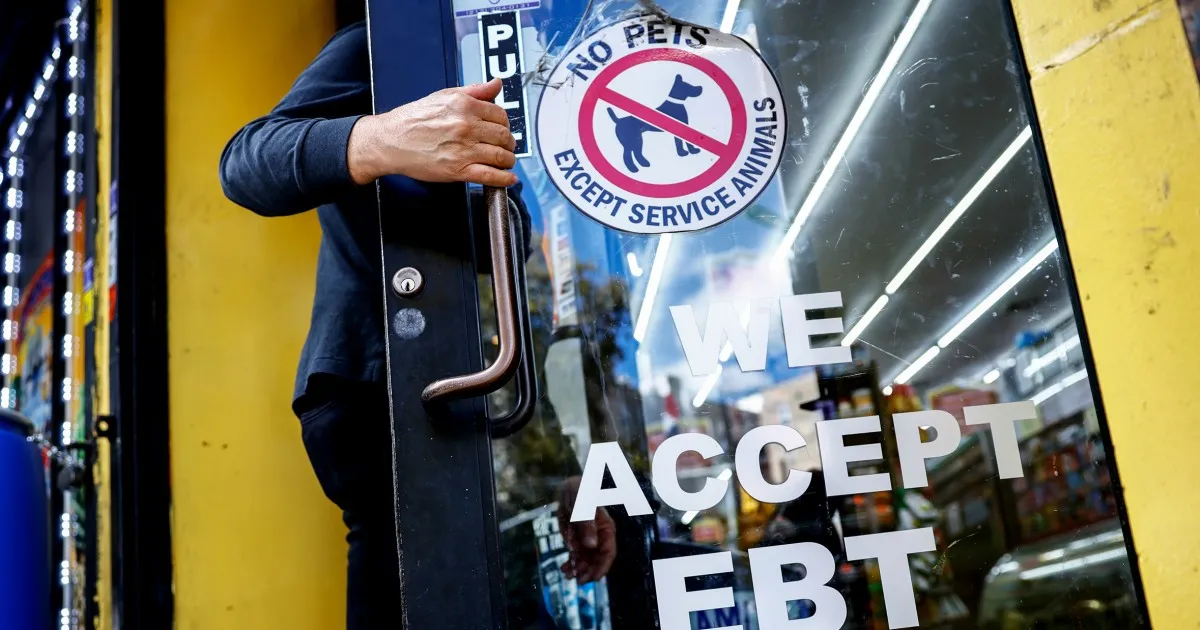
On Friday, the Trump administration requested a federal appeals court to impose an emergency pause on a recent order from a federal judge regarding the funding of SNAP benefits for the month. This move comes after U.S. District Judge John McConnell mandated that the administration must deliver complete payments to states by Friday, criticizing the delays that have left many SNAP recipients at risk of hunger.
Judge McConnell's ruling, issued on Thursday afternoon, highlighted the urgency of the situation, noting that the delays in funding could significantly impact the well-being of those reliant on the Supplemental Nutrition Assistance Program (SNAP). In response to the judge's order, the Trump administration had previously agreed to allocate $4.65 billion from contingency funds to cover approximately 65% of the benefits typically available to eligible households.
Despite this commitment, the administration contended that it is unable to access additional funds designated for child nutrition programs, known as Section 32 funding, to fully meet the SNAP requirements. In a court filing made on Friday morning, the administration articulated its position, stating that due to the ongoing government shutdown, there are insufficient resources to provide complete benefits for November.
The filing emphasized the administration's perspective that this situation represents a significant crisis, attributing the root cause to a lack of action from Congress. "This is a crisis, to be sure, but it is a crisis occasioned by congressional failure, and that can only be solved by congressional action," the administration asserted in its legal documents.
Furthermore, the administration urged the court to permit the U.S. Department of Agriculture (USDA) to proceed with issuing partial SNAP payments. They argued against compelling the agency to deplete billions of dollars from another critical safety net program without any assurance of replenishment in the future. This highlights the complex interplay between government funding, public assistance programs, and legislative action in managing food security for vulnerable populations.